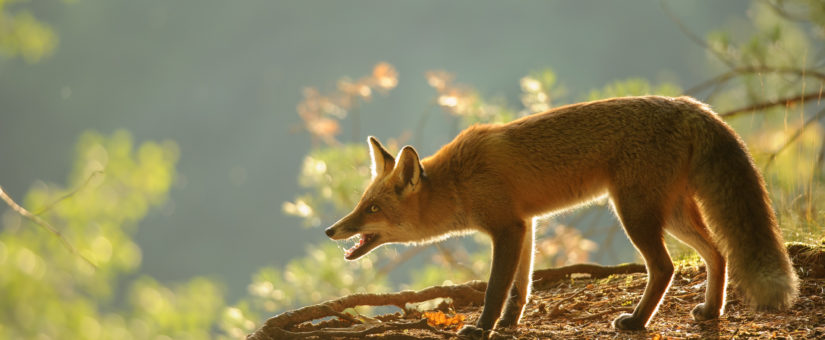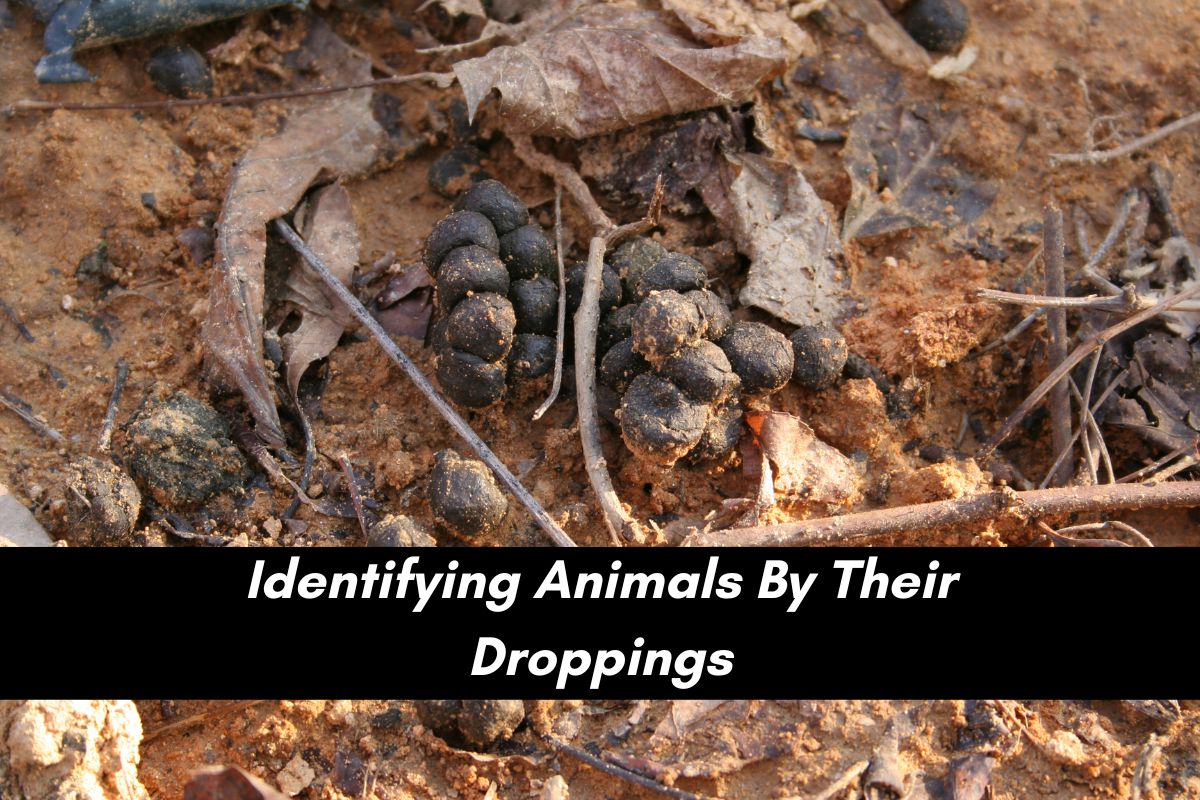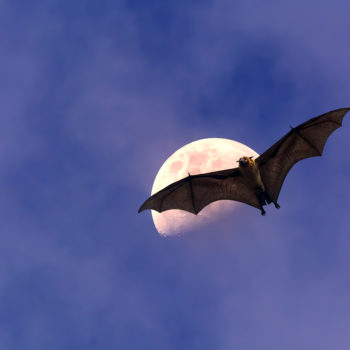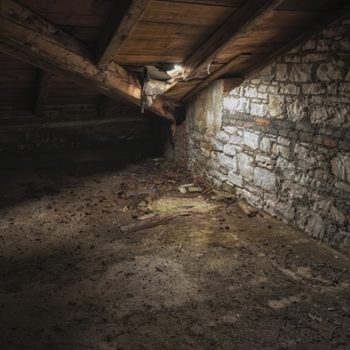
Beware Flying Foxes and Rabies Risks
- Posted by AdminBW
- On August 27, 2016
- 0 Comments
At Critter Control, we understand how important it is, especially in a region of suburban style neighborhoods sharing space with so many wooded areas, to be aware of the risks of rabies in wild animals. And, with the apex of summer’s heat upon us, it’s even more likely for animal behaviors to fluctuate, making it hard to predict what is or isn’t “normal” animal behavior.
Take Hannah Becilla, for example, a Raleigh woman who suffered a bite from a rabid fox just a stone’s throw from Kiwanis Park. Hannah was fortunate to be wearing jeans, which most people probably won’t be wearing in this kind of heat. According to Hannah, the fox flew at her out of the bushes and lunched itself upon her. “The fox just ran toward me, jumped on me,” she said. “[It] ripped my jeans and it grabbed me right here where the teeth marks are, and he ripped a hole in my jeans.”
Had the fox not been forced to fight through denim before getting to bare skin, it could have done some serious damage to Hannah, who spent hours in the emergency room later that day and had to endure a total of 10 shots. She’ll have to go back to the doctor a few more times to be sure she’s entirely healthy, meaning she’s actually really lucky.
Why is she lucky? Because, if not immediately treated in humans, rabies is fatal. And, while North Carolina only has one recorded death due to rabies in its history books, it ranks as the third highest state in documented rabies infections.
Tips
If you or your children notice a wild animal behaving differently than it would be expected – say a raccoon showing no fear of humans in broad daylight – avoid the animal and contact animal control – there’s a good chance the animal is rabid.
In general, avoid touching or approaching wild animals, much like you wouldn’t reach out and touch a stranger. And if your pets show any bite marks that you can’t immediately recognize, call your veterinarian.
If you have any questions or concerns about rabies or potentially infected animals in your neighborhood, please contact us at 919-382-0651 or through our online contact portal.











